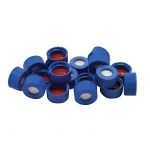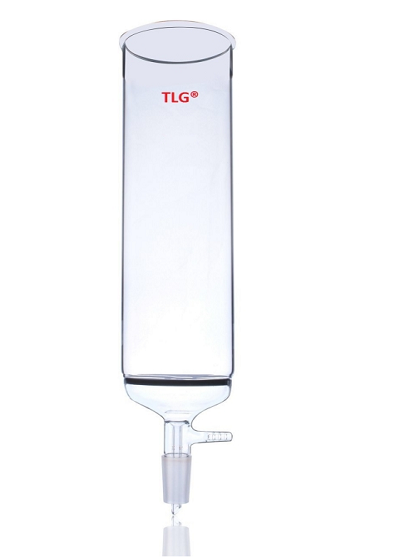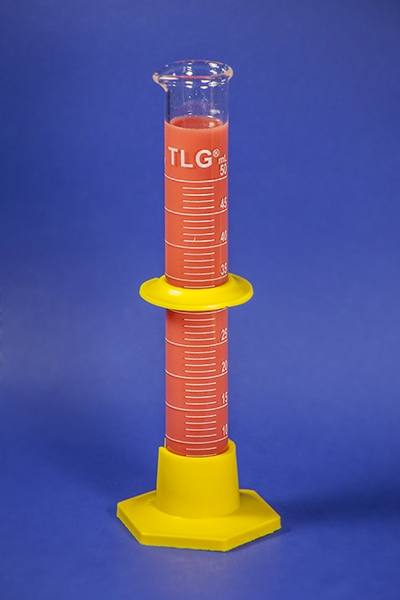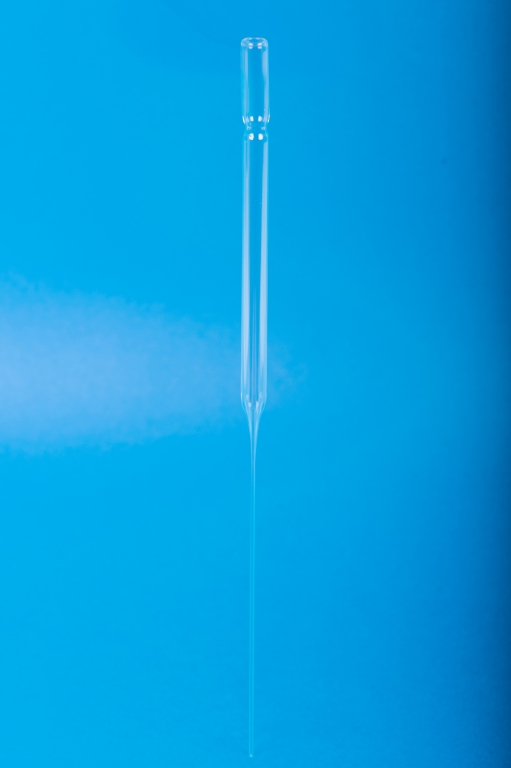Disposable Borosilicate Glass Pasteur Pipette 5-3/4 Inch
Small, non graduated pipettes used for transferring small amounts of liquid, pasteur's team pipettes are composed of either plastic or glass.








| 5-3/4 Inch |
Disposable Borosilicate Glass Pasteur Pipette 5-3/4 Inch
Small, non graduated pipettes used for transferring small amounts of liquid, pasteur's team pipettes are composed of either plastic or glass.
A graduated (or serological) pipette and a Pasteur pipette differ mainly in their purpose and accuracy; the former are calibrated for accurate volume measurements, with markings along the pipette indicating different volumes, while the latter are not and are mainly used for transferring small volumes of liquids rather than for accurate measurements.
The primary distinction between a micropipette and a Pasteur pipette is the volume ranges and the corresponding uses: micropipettes are more accurate, adjustable instruments for delivering extremely small volumes, usually between 0.1 µL and 1000 µL, whereas Pasteur pipettes are straightforward, uncalibrated glass or plastic pipettes for tiny liquid transfers.
Both Pasteur and Beral pipettes, also called transfer pipettes, are used to transfer small amounts of liquid, but they differ in their material and method of use: Beral pipettes are made of plastic, while Pasteur pipettes are usually made of glass, and Beral pipettes have an integrated aspiration bulb, whereas Pasteur pipettes need a separate rubber bulb.
In scientific settings, pasteur pipettes—also referred to as eye droppers or droppers—are mostly used for the transfer of small amounts of liquids, usually in the microliter to milliliter range. They are useful for carrying out a variety of operations in areas such as cell culture, microbiology, chemistry, and biochemistry, as well as for properly dispensing and mixing small amounts of liquid.
In fact, glass is the most common material for Pasteur pipettes, while plastic is also an option. Glass Pasteur pipettes are known for their strength, resistance to chemicals, and environmental friendliness, whilst plastic pipettes are lighter and better suited for one-time usage.